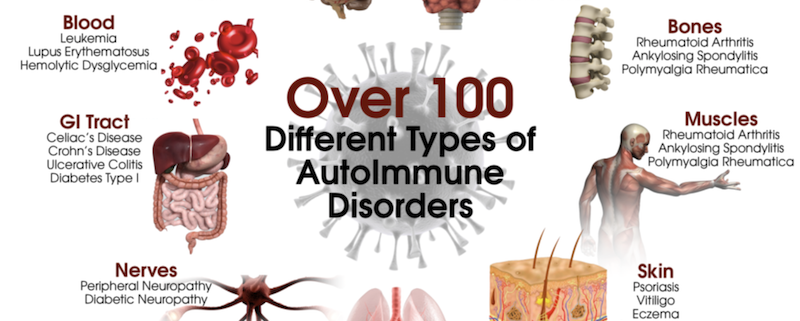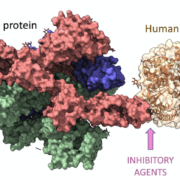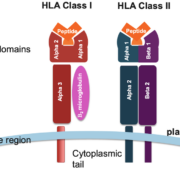Decoding HLA-A: Common Allele Variants and Their Clinical Implications
The Human Leukocyte Antigen (HLA) system, a group of genes within the Major Histocompatibility Complex (MHC), plays a critical role in the immune response. HLA class I molecules, including HLA-A, -B, and -C, are responsible for presenting intracellular peptides to cytotoxic T cells. Given their immunological importance, HLA genes are highly polymorphic, with HLA-A being one of the most diverse. In this blog post, we will discuss common allele variants of HLA-A and their associated disease states, as well as ongoing research that seeks to improve our understanding of HLA-A’s role in human health.
Common HLA-A Allele Variants
Over 4,500 HLA-A allele variants have been identified, with varying frequencies across different populations. Some of the most common alleles include:
- HLA-A*01:01 – Predominant in European populations, with a frequency of 20-25%.
- HLA-A*02:01 – The most common allele worldwide, found in approximately 50% of Europeans and 30-40% of East Asians.
- HLA-A*03:01 – Found in 15-20% of Europeans, Africans, and Asians.
- HLA-A*11:01 – Occurs in approximately 30% of East Asians and 5-10% of Europeans.
- HLA-A*24:02 – Present in around 20% of East Asians and 5-10% of Europeans and Africans.
Disease Associations
Several HLA-A allele variants have been linked to specific disease states, although the mechanisms underlying these associations are not yet fully understood. Some examples include:
- HLA-A*01:01 – Associated with an increased risk of developing autoimmune diseases like multiple sclerosis (MS) and narcolepsy.
- HLA-A*02:01 – Protective against the development of MS, but associated with a higher risk of autoimmune hepatitis and ankylosing spondylitis.
- HLA-A*03:01 – Linked to an increased risk of developing rheumatoid arthritis and primary sclerosing cholangitis.
- HLA-A*11:01 – Associated with a reduced risk of developing type 1 diabetes.
- HLA-A*24:02 – Linked to a higher risk of type 1 diabetes, Behçet’s disease, and autoimmune thyroid disease.
Ongoing Research
Given the strong connections between HLA-A alleles and various disease states, numerous research projects are underway to explore these relationships further. Some key areas of focus include:
- Structural analysis – Understanding the 3D structures of HLA-A molecules and their interactions with T cell receptors may help elucidate the molecular basis for disease associations.
- Epitope prediction – Developing computational methods to predict the peptide-binding specificity of HLA-A alleles could improve vaccine design and immunotherapy approaches.
- Immunogenetics – Investigating the role of HLA-A alleles in shaping the immune response to pathogens, as well as their involvement in transplant rejection and response to immunotherapy.
- Disease mechanism – Examining the molecular and cellular pathways by which specific HLA-A alleles confer susceptibility or protection against various diseases.
- Population genetics – Exploring the evolutionary history of HLA-A alleles and their distribution across different populations to better understand their contribution to disease prevalence and population health.
Wrapping Up
The HLA-A gene is a fascinating and complex subject of study, with its diverse allele variants playing crucial roles in human immunity and disease. By continuing to investigate the relationships between these alleles and disease states, researchers can deepen our understanding of the underlying mechanisms and potentially identify new targets for therapeutic intervention. Furthermore, by incorporating knowledge of HLA-A alleles into the development of personalized medicine approaches, we may improve the efficacy of treatments and optimize patient care.
As our understanding of HLA-A grows, it is critical that we continue to support research efforts that focus on elucidating the intricate relationships between HLA-A alleles and disease states. With continued investment in this area, we may ultimately uncover novel strategies for preventing, diagnosing, and treating a wide range of immune-mediated diseases.
In the meantime, clinicians and researchers alike should remain cognizant of the latest developments in the field of HLA-A immunogenetics. By staying informed about emerging discoveries and their potential clinical implications, we can work together to translate these insights into improved patient outcomes and a better understanding of the human immune system.










Leave a Reply
Want to join the discussion?Feel free to contribute!